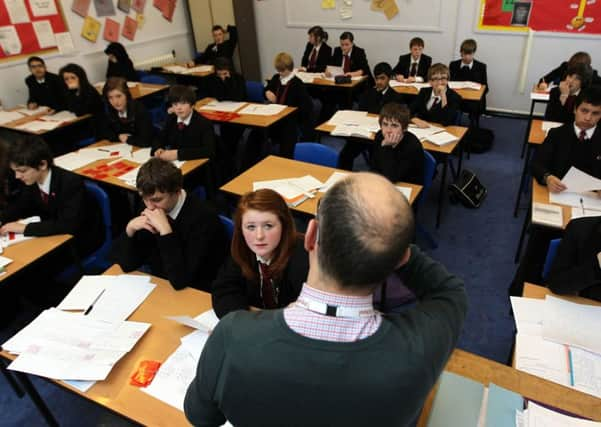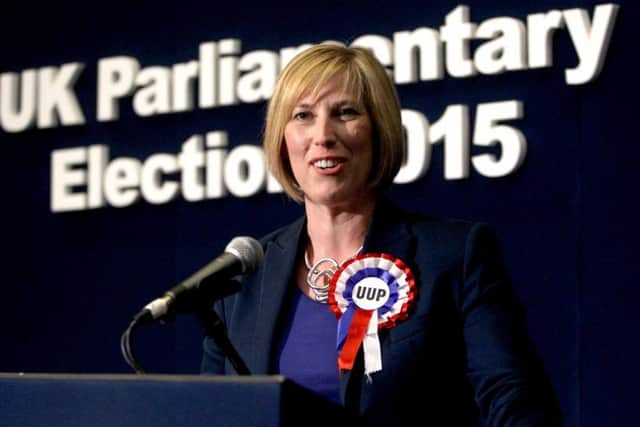If nationalists exclude teachers from fair employment to protect Catholic schools, they should say so


All employers in Northern Ireland, whether in the public or private sector, must register with and be monitored by the Equality Commission if they employ 11 or more employees.
That goes for all employers ... except those that employ teachers.
Advertisement
Hide AdAdvertisement
Hide AdSchools are exempt from fair employment rules laid down in the Fair Employment and Treatment Order 1998 under article 71, which is known as the teacher exception.


That opt-out for teacher appointments goes back 40 years to the original Fair Employment Act 1976.
The reasons have been somewhat lost in time, but it seems to have been in recognition of the de facto segregated nature of our education system and some sort of special protection for denominational ethos.
Forty years later that teacher exception still exists. In 2016 it is not unlawful to discriminate when recruiting to teaching positions.
Advertisement
Hide AdAdvertisement
Hide AdThis means that roughly 17,000 teachers employed in Northern Ireland are not monitored in the same way as all other professions.


So the figures quoted in all reports on fair employment over the past 40 years are not accurate, because we do not know the religious background of 17,000 schoolteachers; they are not recorded or monitored.
We can, however, surmise from survey data collected by the Equality Commission that, 12 years ago, 85% of teachers in state-controlled schools were from a Protestant background, while less than 1% of teachers in the maintained sector were Protestants.
When the Ulster Unionist Party brought this issue to the Assembly for debate on 22 April 2013, and again in April 2015, the Assembly agreed with our stance that article 71 of FETO was indefensible and should go.
Advertisement
Hide AdAdvertisement
Hide AdIn both debates, no-one, whether unionist, nationalist or other, argued that the teacher exception from fair employment legislation should be retained.


However this week, though the device of a petition of concern, nationalists blocked our amendments to the Employment Bill which would have repealed Article 71 of FETO and ended the teacher exception.
In previous debates, Sinn Fein spoke in favour of repeal.
Now they say they are just “are looking at the issue” and are worried about “unintended consequences”.
They won’t spell out what those “unintended consequences” might be.


Meanwhile the SDLP won’t say anything about the issue.
Advertisement
Hide AdAdvertisement
Hide AdHowever, this week and in the coming weeks those nationalist parties will be talking about the benefits of ‘shared education’.
If they don’t believe in mixed teaching workforces – which is the only conclusion we can come to – then what on earth do they mean when they talk about ‘shared education’?
If it is the case that the nationalist parties are concerned that the ending of the teaching exception from fair employment might dilute the ethos of the Catholic Maintained sector, then they should be honest and say so.
Just please don’t, at the same time, come out with the cosy rhetoric about shared education, or continue to lecture the rest of us about fairness and equality.
• Sandra Overend MLA is the Ulster Unionist Party’s education spokesperson